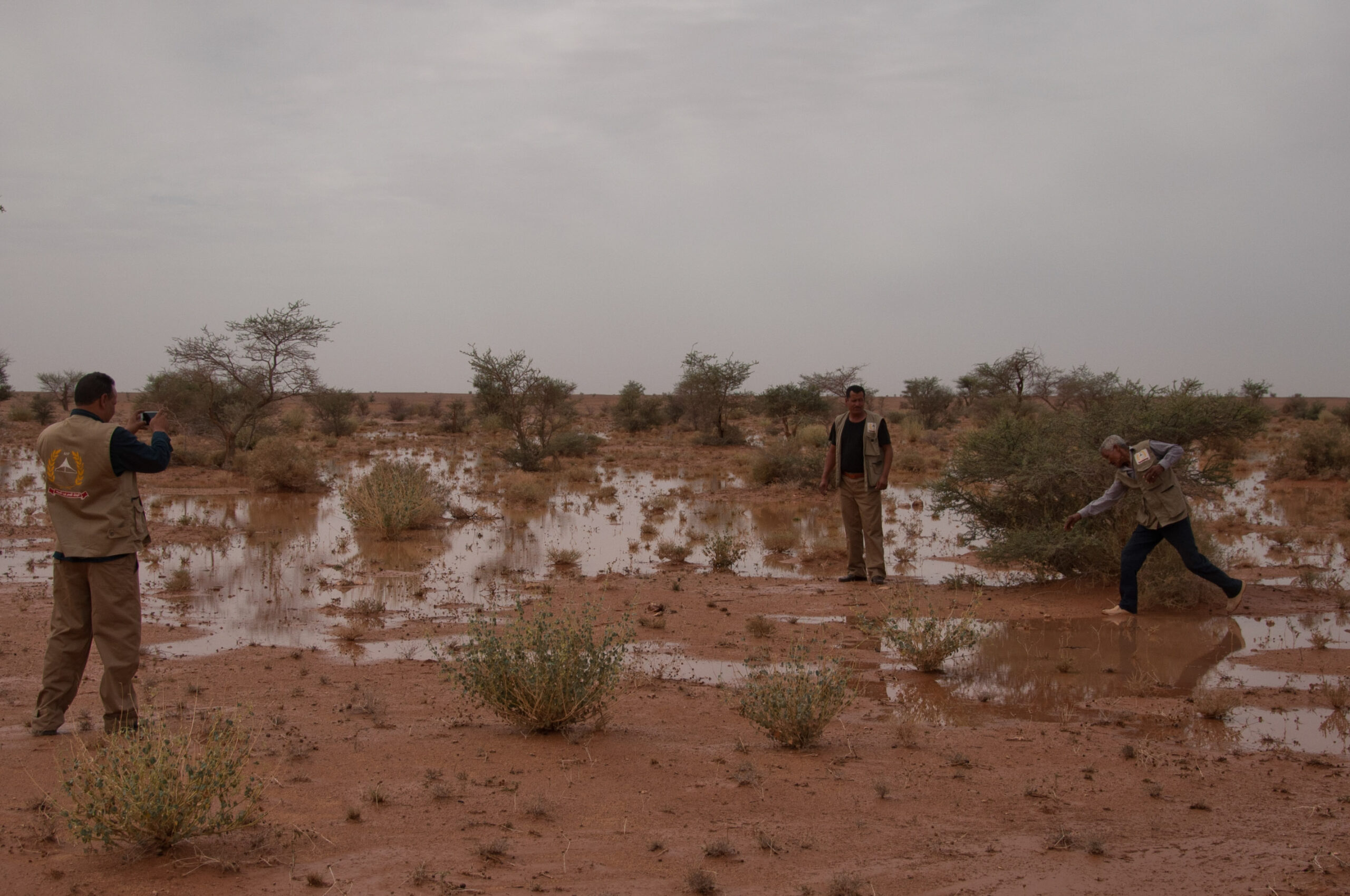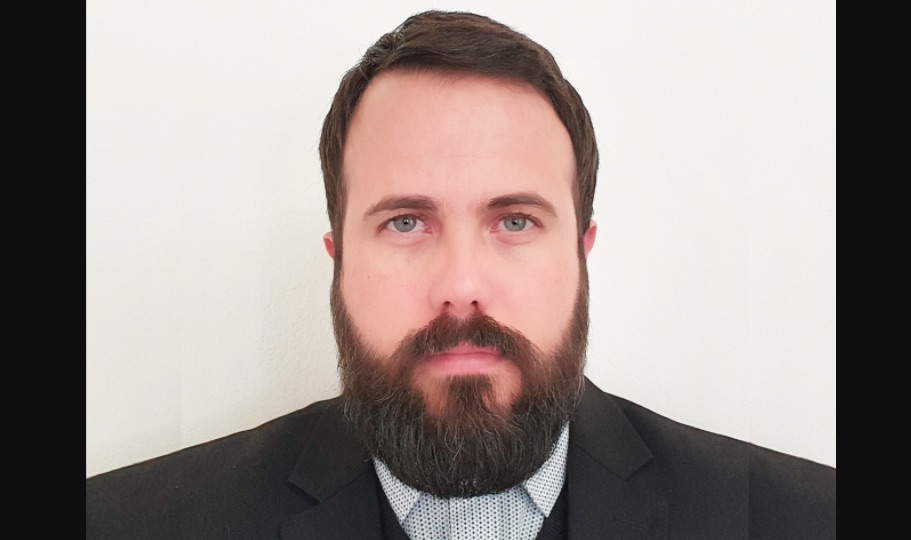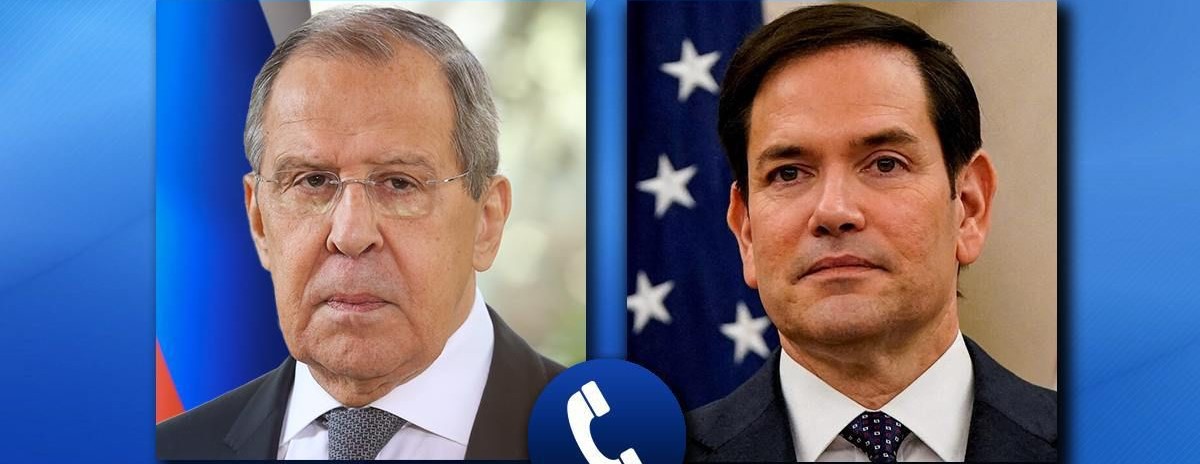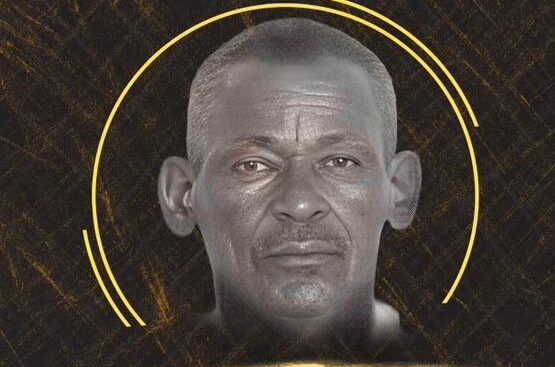
Members of the Polisario front take pictures of themselves in the liberated territories of the Western Sahara. Western Sahara, September 30, 2018. Photograph by Morgane Wirtz / Hans Lucas. Des membres du front Polisario se prennent en photo sur les territoires liberes du Sahara occidental. Sahara Occidental, 30 september 2018. Photographie de Morgane Wirtz / Hans Lucas.NO USE FRANCE
By Samir Bennis
For nearly five decades, Algeria has used the dispute over Western Sahara as a front for its antagonization of Morocco. But behind Algeria’s support for the Sahrawi cause lies a much more complex case of the Algerian establishment’s determination to simultaneously avenge historical grievances and prevent Morocco from reclaiming a territory that would increase its strategic depth and make it the undisputed regional leader of the Maghreb.
The latest sign of Algeria’s obsession with Morocco was its decision to confiscate the jerseys of Moroccan soccer club RS Berkane after its players traveled to Algeria on April 19 to play a CAF Confederation Cup semifinal match against USMA Alger. Algeria justified its decision by stating that the team’s equipment bore an “illegitimate” map of Morocco, which included Western Sahara.

African soccer’s governing body intervened, ordering Algeria to drop its case and allow RS Berkane to play in the jerseys. However, Algiers disregarded the ruling, seizing any opportunity to display its support for what it describes as the self-determination of the Sahrawi people.
Many have maintained that one of the main drivers of Algeria’s hostility toward Morocco is the ideological makeup of the Algerian establishment and its strategy of seeking popular legitimacy.
Algeria’s operating philosophy is to galvanize nationalist fervor against its enemies. For the past three decades, it has constantly needed to create external enemies to mobilize national support and divert public opinion from the country’s economic, social, and political problems.
While largely pertinent, this analysis ignores the psychological dimension of this chronic animosity between the two countries. Algeria’s military and political leaders harbor unresolved grievances against Morocco, which contribute to tensions. Additionally, Morocco is one of the oldest monarchies in the world, and has managed to maintain its sovereignty for much of its history. The same cannot be said of Algeria, a sixty-two-year-old country.
This makes the Algerian regime reluctant to fully explore the past, out of fear that a deep dive into the country’s history might lend credence to some critics’ claim that modern Algeria is the creation of imperialist France.
It’s worth mentioning that Morocco was a strong supporter of the Algerian liberation movement, contributing financially and logistically to the war effort against French domination. Then a champion of what some have described as a strong belief in the urgency and imperative of Muslim solidarity, Morocco ignored warnings and secret deals from France, committing itself to the liberation of Algeria instead.
Yet, post-independence, Algeria’s leadership quickly whitewashed this well-documented episode of Moroccan solidarity and generosity, providing invaluable insights into what would later become Algeria’s deep-seated desire to be the Maghreb’s undisputed leader.
Morocco’s defeat of Algeria in the border war known as the 1963 Sand War created a psychological barrier, as generations of Algerian military and political elites grew up with the idea of avenging the humiliation that newly independent Algeria had suffered at Morocco’s hands.
Morocco’s “betrayal” of Algeria
Over time, Algeria’s resentment against Morocco for its humiliating defeat morphed into a radical desire to take revenge by fostering separatism on Moroccan territory. Therefore, Algeria’s support of the Polisario Front is the culmination of the Algerian elite’s strategy of attaining regional primacy by establishing a satellite state in southern Morocco. While proclaiming its support for the “liberation struggle” of the “oppressed Sahrawi people,” Algeria’s primary goal is to keep Morocco in check by fomenting and prolonging the dispute over the Western Sahara region to prevent Rabat from reopening the issue of unresolved Algerian-Moroccan borders.
As far as Algiers is concerned, ending the Western Sahara dispute would provide Morocco with a level of strategic continental depth that would overwhelmingly consolidate its status as a regional hegemon. Algeria has steadfastly supported the Polisario for the past four decades to prevent Morocco from settling the territorial dispute. The Algerian-Moroccan rivalry entered a new phase in 2017 when Morocco joined the African Union (AU). Algeria had tirelessly used Morocco’s absence from the AU to push for a “parallel African agenda” on the Western Sahara question. This entailed lobbying for the Polisario Front’s Sahrawi cause, which it presents as a decolonization struggle against what it describes as Moroccan occupation.
Given that the AU’s official position on Western Sahara has shifted in Morocco’s favor since 2018, some of Algeria’s anti-Moroccan agitation speaks of deepening diplomatic disarray and a profound sense of disappointment. Algeria seems to be furious that Morocco, in the short time since its return to the AU, has effectively destroyed all the work that Algerian diplomacy had done for three decades to get the AU to fully support a self-determination referendum that would culminate in the creation of an independent state in the Western Sahara region.
Algeria’s displeasure with Morocco’s growing continental influence can be seen in three regional efforts that Algiers has undertaken in recent years to contain Rabat’s rising leadership. The first is the attempted revival of the Trans-Saharan Gas Pipeline project in 2022 to derail the more promising Nigeria-Morocco pipeline project. The second is the planned creation of free-trade zones with Niger and Mali to counter Morocco’s Atlantic Initiative for the Sahel. Finally, the most recent is the Algerian regime’s push for the creation of a Maghreb Union without Morocco.
For all these counterattacking efforts, highlighted by the projected openings of more African consulates in Dakhla and Laayoune, the fact remains that Morocco’s African diplomacy is having morale-boosting results. In contrast, Algeria’s diplomatic influence has declined across the continent. More importantly, Morocco’s African diplomacy now extends to countries such as Kenya, Ethiopia, Rwanda, and Nigeria, outside its so-called traditional francophone comfort zone. In the coming months and years, Algeria will redouble its efforts to persuade some of these countries to reconsider their cooperation with Morocco.
Perhaps the most significant blows to Algeria’s diplomacy have come from outside Africa. These include the consistent pro-Moroccan stance reflected in all United Nations (UN) resolutions on Western Sahara since 2007, the decisive US decision in 2020 to recognize Moroccan sovereignty over the region, and Spain’s 2022 declaration of full support for Morocco’s autonomy plan. While the first development has been gradual, and lacks absolute finality due to the presence of marginal pro-Polisario voices within the UN, the latter two events have shaken Algeria.
Taken together, however, these and other emerging developments clearly indicate that self-determination dreams have been buried—and that compromise is the only viable route to a politically feasible and lasting solution in the Sahara dossier. Faced with what increasingly appears to be an irreversible diplomatic setback, Algeria has shifted tactics by confronting Morocco on alternative battlefields. In recent months, as noted earlier, Algeria has used the unconventional platform of sport to settle scores with Morocco.
The goal is to open a second narrative front to rally popular sympathy and support for the Algerian-backed Polisario Front. Algeria’s permanent representative to the UN recently drew parallels between Palestine and Western Sahara, reflecting the regime’s overarching aspiration to distort historical facts and equate the Western Saharan and Palestinian cases.
It is unlikely that Algeria’s continued attacks on Morocco will compel the UN to reconsider its implicit, but increasingly apparent, burying of the self-determination option on Western Sahara. At the same time, there are growing signs that many in Morocco, having grown tired of ignoring Algiers’s unrelenting hostility toward Rabat, might start pushing Morocco to discard its long-standing patience and the ensuing hope of brotherly reconciliation between the two countries.
Time for the United States to step in
The animosity and hostility between the two countries have reached worrying levels, raising the specter of a military conflagration breaking out. Against this bleak backdrop, the United States should lead a vigorous diplomatic campaign.
To calm the waters between the two countries and ensure that the current state does not get out of hand, the United States should give more attention to its military cooperation with Morocco, while signaling to Algeria that Washington would do everything in its power to prevent it from taking any actions that could destabilize the region. Such a move could send Algeria an unmistakable signal of Washington’s commitment to security cooperation with Rabat.
Second, the United States must pressure the Algerian government to abide by the provisions of the UNSC Resolution on the Western Sahara issue since 2018, all of which call on Algeria to fully cooperate with the UN as it works toward a compromise-based and realistic political solution to the dispute. As Algeria’s rejection of some recent UN resolutions has shown, the only way to get it to commit to the UN-led political process is to pressure it to fully acknowledge its political responsibility for creating and prolonging this conflict and to negotiate a face-saving political solution with Morocco.
However, this goal will remain out of reach if the United States clings to a balancing diplomacy that prevents it from unequivocally supporting Morocco’s sovereignty over the Western Sahara. The time has come for the United States to break with this policy. It must align its political discourse and actions by reaffirming its recognition of Morocco’s sovereignty over Western Sahara while calling on Algeria to fully participate in the UN-led political process to achieve a political solution to the dispute.
Indeed, such a move would simply reflect the long-standing US position in the dispute. Numerous declassified Central Intelligence Agency (CIA) documents show that the United States has never believed in the viability of establishing a satellite state in southern Morocco. Americans have long praised the proverbial friendship that unites the United States and Morocco, stressing that Morocco was the first country to recognize US independence. It is time for the United States to give true meaning to this friendship by fully supporting Morocco’s decades-long quest to end the dispute over Western Sahara; by doing so, it could help end the conflict between Rabat and Algiers once and for all.
Samir Bennis is a senior political analyst specializing in Arab affairs and Morocco’s foreign policy. He is the co-founder and publisher of Morocco World News. His upcoming book, The Self-Determination Delusion: How Victim Politics and Feel-good Advocacy Have Hijacked the Western Sahara Case, comes out in July.









